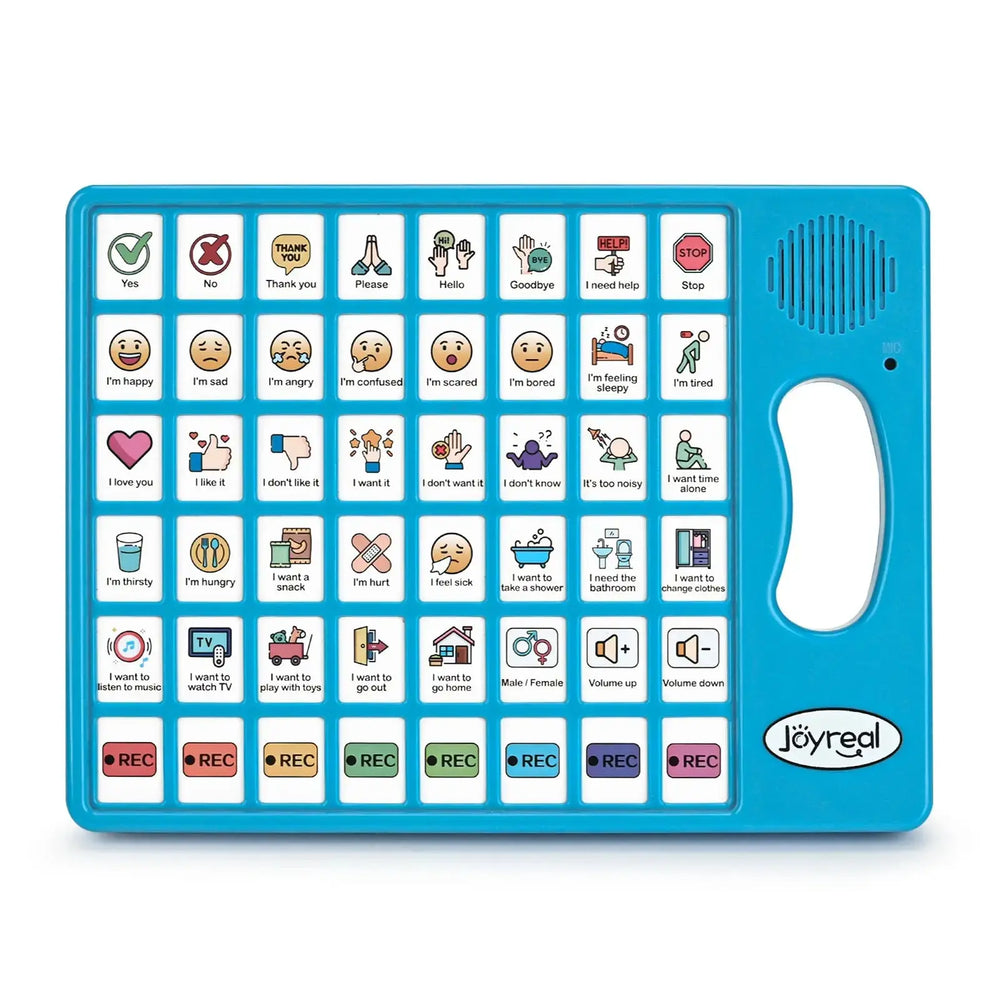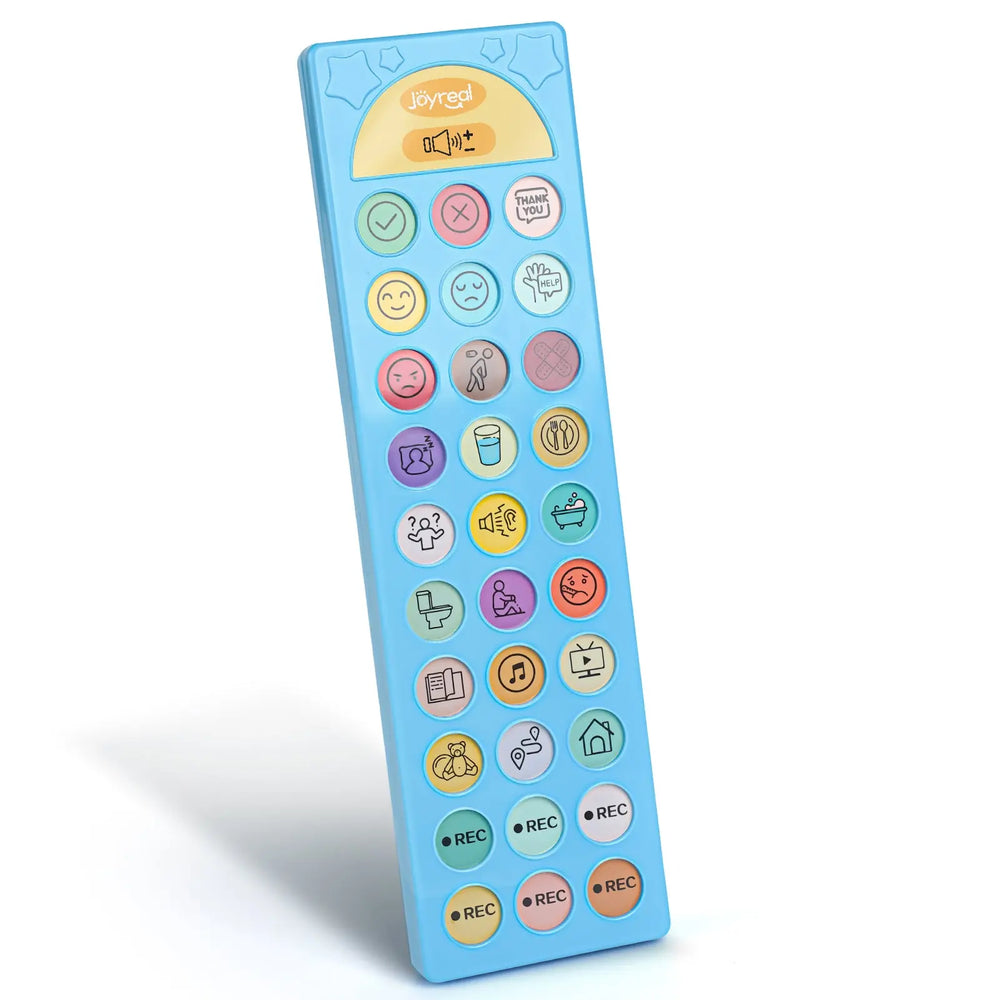Is Screen Time Hurting Your Autistic Child?

Why Parents Are Growing More Concerned About Screen Time
If you’re a parent of an autistic child, you’ve probably asked yourself late at night:
- “Is my child spending too much time on the iPad?”
- “Does screen time make it harder for him to focus?”
You’re not alone. On r/Autism_Parenting, many parents have shared their struggles, with some reporting that even psychiatrists have warned them that autistic children may be more vulnerable to the effects of screen time. Concerns include screen addiction, obsessive behaviors, and worsening attention difficulties.
The digital era has made screens nearly unavoidable. Parents rely on them for moments of calm, yet worry about their long-term effects.
What Is “Screen Time”? From Phones to Tablets in Daily Life
Screen time refers to the hours spent in front of digital devices, including:
- Watching cartoons or YouTube videos
- Playing games
- Using learning apps
- Scrolling on a smartphone
Managing screen time is a challenge for any child, but for autistic children, it comes with unique complexities.
Autistic Children and Their Special Relationship with Screens
Why Autistic Children Are More Likely to Get Hooked
Autistic children often struggle with unpredictable social interactions. Screens provide a safe, controlled, and predictable environment where they don’t need to navigate confusing social cues.
- The Instant Gratification Factor
Games and videos offer quick rewards—whether it’s a new level achieved or an autoplayed episode. This instant gratification can make it harder for autistic children to regulate themselves in the real world.
Potential Negative Effects of Screen Time
- Attention and Focus Disruptions
Excessive screen exposure can fragment attention spans, making it harder for children to sit still in classrooms or therapy sessions.
- Emotional Regulation and Behavioral Issues
Parents often report meltdowns when screen time is restricted. Some children even display aggressive behavior when asked to transition away from screens.
- Sleep Quality and Daily Rhythm
Screens before bedtime disrupt melatonin production. This makes it harder for children to fall asleep, leading to crankiness and poor learning the next day.
What Science Says: Evidence on Screen Time and Autism
- Recent Findings
Research suggests that autistic children tend to spend more time on screens than their peers. High-intensity screen use has been linked to reduced social engagement and increased hyperactivity. However, educational or therapy-based apps can have benefits if used wisely.
- Different Professional Perspectives
Some experts argue that it’s not about eliminating screen time, but about managing it effectively. If screens are used for AAC devices for autism or learning-focused apps, they may actually enhance communication and skill-building.
Real Parent Voices from Reddit’s Autism Community
“The Doctor Said Screens Make It Harder to Focus”
One parent shared that after hours on the tablet, her child struggled to follow classroom directions. Their psychiatrist explained that screen rewards may reduce interest in real-life learning tasks.
“Screens Are Our Only Break, But They Create New Problems”
Another parent admitted: “Sometimes the iPad is the only way I can get a breather. But the more my child uses it, the more explosive he gets when I take it away.”
These honest stories reveal a painful truth: parents aren’t ignorant—they’re caught in a daily tug-of-war between survival and long-term concerns.
The Parent’s Dilemma: Restricting vs. Relying on Screens
- Screens as the “Babysitter”
Screens often become the only way parents can manage daily tasks or get much-needed rest.
- Balancing Short-Term Relief with Long-Term Growth
The key is not total prohibition but finding a middle ground. Controlled screen time can coexist with healthier alternatives.
Healthier Alternatives: What Parents Can Try Instead
Set Clear and Predictable Rules
- Use timers so children know when screen time ends.
- Split usage into shorter sessions (e.g., 30 minutes twice a day).
- Pair screen time with responsibilities (“first puzzle, then iPad”).
Encourage Alternative Activities
- Autism sensory toys like fidget spinners, weighted blankets, or tactile boards
- Outdoor play: swings, trampolines, nature walks
- Parent-child bonding: puzzles, drawing, or cooking together
These sensory toys for kids are not just fun—they help regulate emotions, reduce anxiety, and keep children engaged without relying on screens.
Positive Technology Use
Not all screens are harmful. For example:
- AAC devices for autism can transform communication for nonverbal children.
- Social skills training apps and visual storyboards can supplement therapy.
With guidance, technology can become a tool rather than a trap.
How Parents Can Support Themselves
Accept That Screens Are Sometimes Unavoidable
Using a tablet doesn’t mean you’re failing as a parent. It means you’re human. The focus should be on how screens are used, not just how often.
Find Support Communities
Groups like r/Autism_Parenting or local autism parent networks provide validation, empathy, and practical strategies.
When to Seek Professional Help
Consider consulting a doctor or therapist if your child:
- Has extreme meltdowns when screens are removed
- Uses screens more than 4–5 hours daily with little control
- Shows worsening sleep, attention, or social withdrawal
Conclusion: Understanding, Balance, and Growth Together
Screens aren’t the enemy—but unmanaged screen time can create real challenges for autistic children. The solution isn’t total elimination, but thoughtful guidance, balance, and integration of healthier alternatives like sensory toys for kids, autism sensory toys, and AAC devices for autism.
Above all, remember: you don’t have to face this alone. With the right support and balanced strategies, parents and children can thrive together.
FAQs: Parents’ Most Common Questions
1. Does screen time always harm autistic children?
- Not necessarily. It depends on content, duration, and how parents guide usage.
2. My child only wants screens. What should I do?
- Introduce alternatives gradually, like autism sensory toys or interactive family games.
3. How much screen time is too much?
- Experts recommend 1–2 hours per day, though flexibility is needed for autistic children.
4. Are there good screen apps for autistic children?
- Yes—AAC devices for autism, educational games, and visual communication tools can be beneficial.
5. Would banning screens entirely help?
- Strict bans often backfire. A gradual, balanced approach is healthier.
6. How do I get grandparents or relatives to follow our screen rules?
- Share your rules clearly and explain why they matter for your child’s development.

Maybe it will be helpful for you:
Recent Post

This Valentine’s Day, Give Them Your Time
Why Playtime Together Is the Most Meaningful Gift for Growing Child...

From the Beach to the Bath: One Summer Toy Kids Use All Season
Which Sand Toys Help Kids Focus—and Which Ones Are Truly “Buy Once,...

Montessori Toys for 1 Year Olds: The Right Toys for Early Development
Do 1-Year-Olds Really Need Toys — or Just the Right Ones? When your...

Editor’s Picks: Best Kids Gardening Sets & Beach Toy Sets for Summer
Summer is the perfect season to get kids outside — digging in the g...

Busy Board or Communication Device? A Joyreal Guide for Autistic Toddlers
One Question Every Autism Parent Asks Every autism parent faces thi...

When Are Busy Boards Not Enough for Autism?
For many autistic children — especially those who are non-verbal or...

Busy Board for 1 Year Old vs 2 Year Old: What’s the Difference?
Busy boards have become one of the most popular Montessori-inspired...

How AAC Devices Help Autistic Individuals Manage Overwhelm
Autistic people can feel overwhelmed when their brains receive mor...

DIY Busy Board for Toddlers: What to Add
Why Busy Boards Are Every Toddler’s Favorite Toy Every parent knows...

Do Wooden Push Walkers Really Help Babies Walk?
Every Parent’s Fear: “Will My Baby Walk Safely?” That moment your b...










